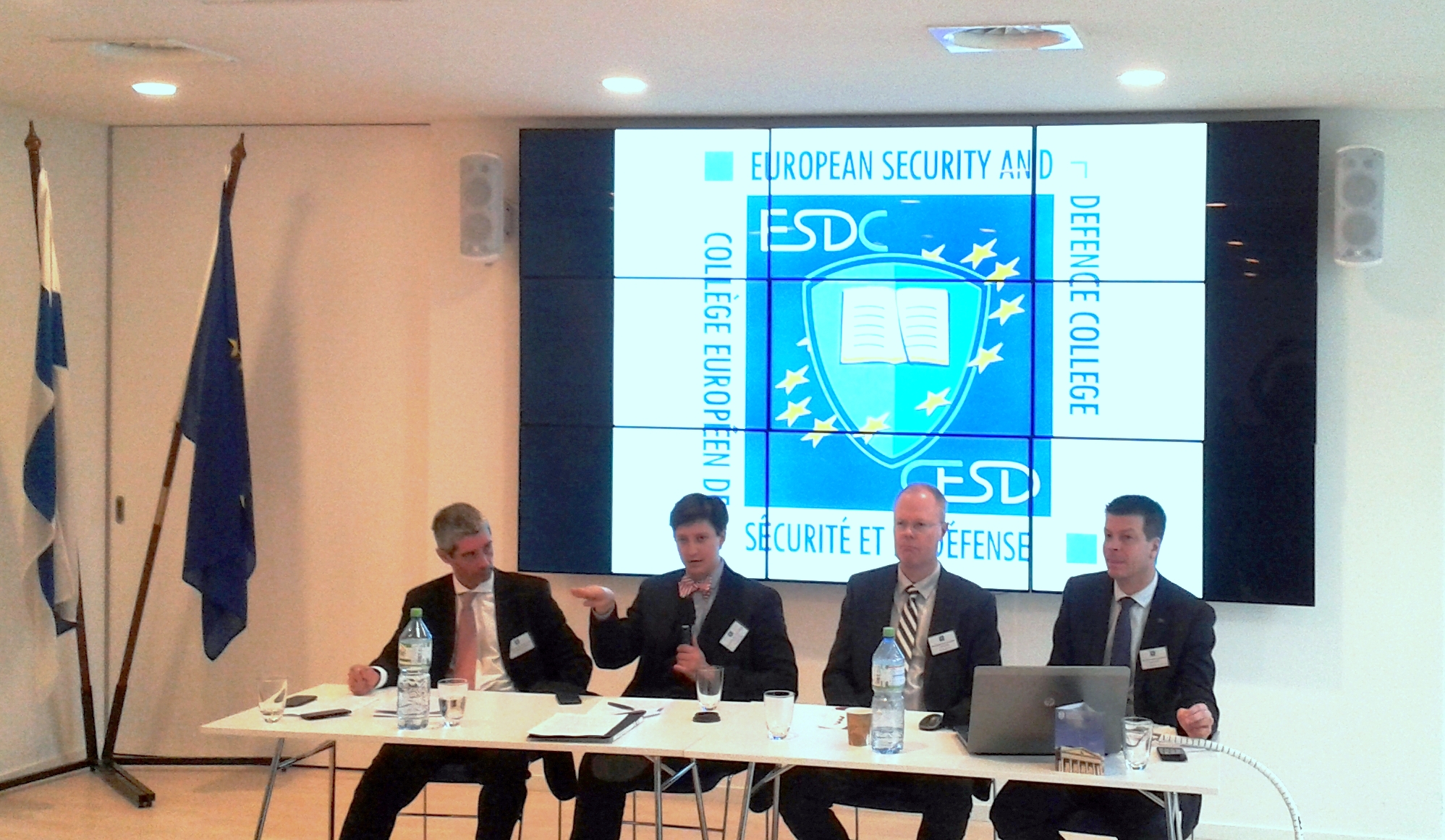The critical infrastructure and essential services on which modern economies depend rely increasingly on information and communication technologies (ICT). Most global, transatlantic and regional international organisations (UN, NATO, the EU, G8, OSCE, OECD, ITU, ICANN, AU, ASEAN, OAS, etc.) have developed policies and instruments to address the growing sophistication of cyber attacks against critical infrastructures and services. This paper presents a comparative analysis of the approaches of NATO and the EU to cyber security.
Read more

















